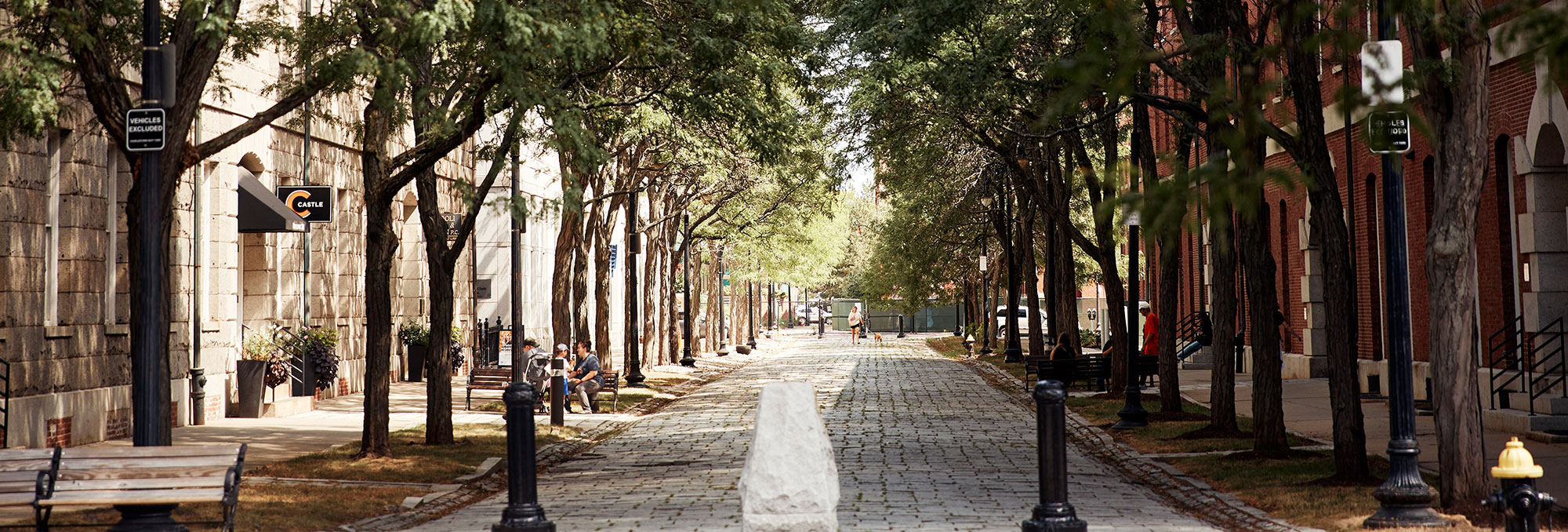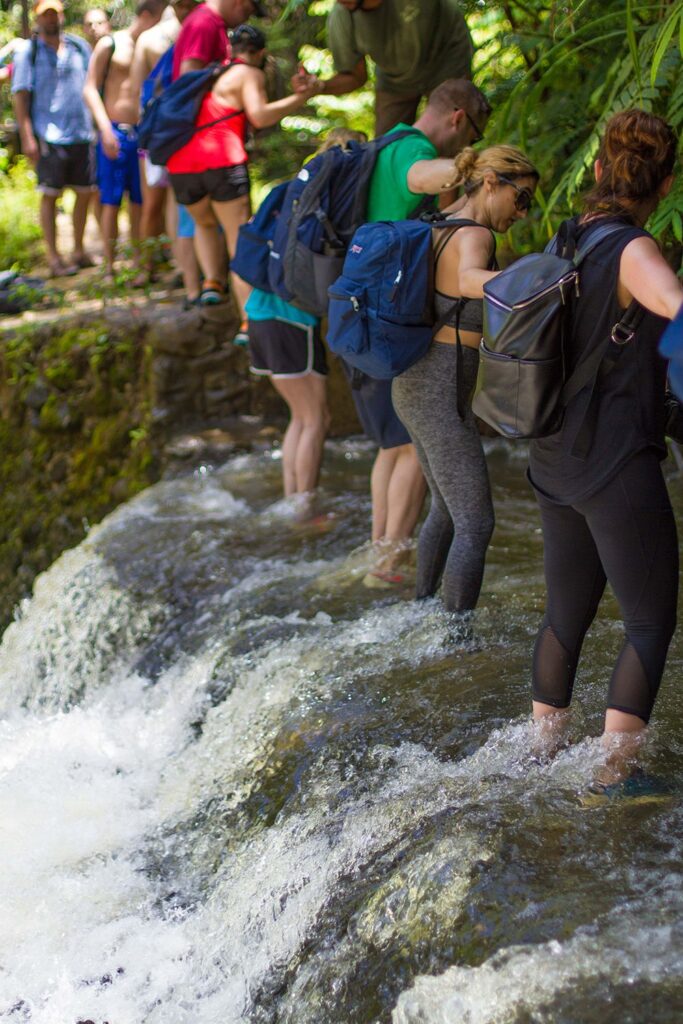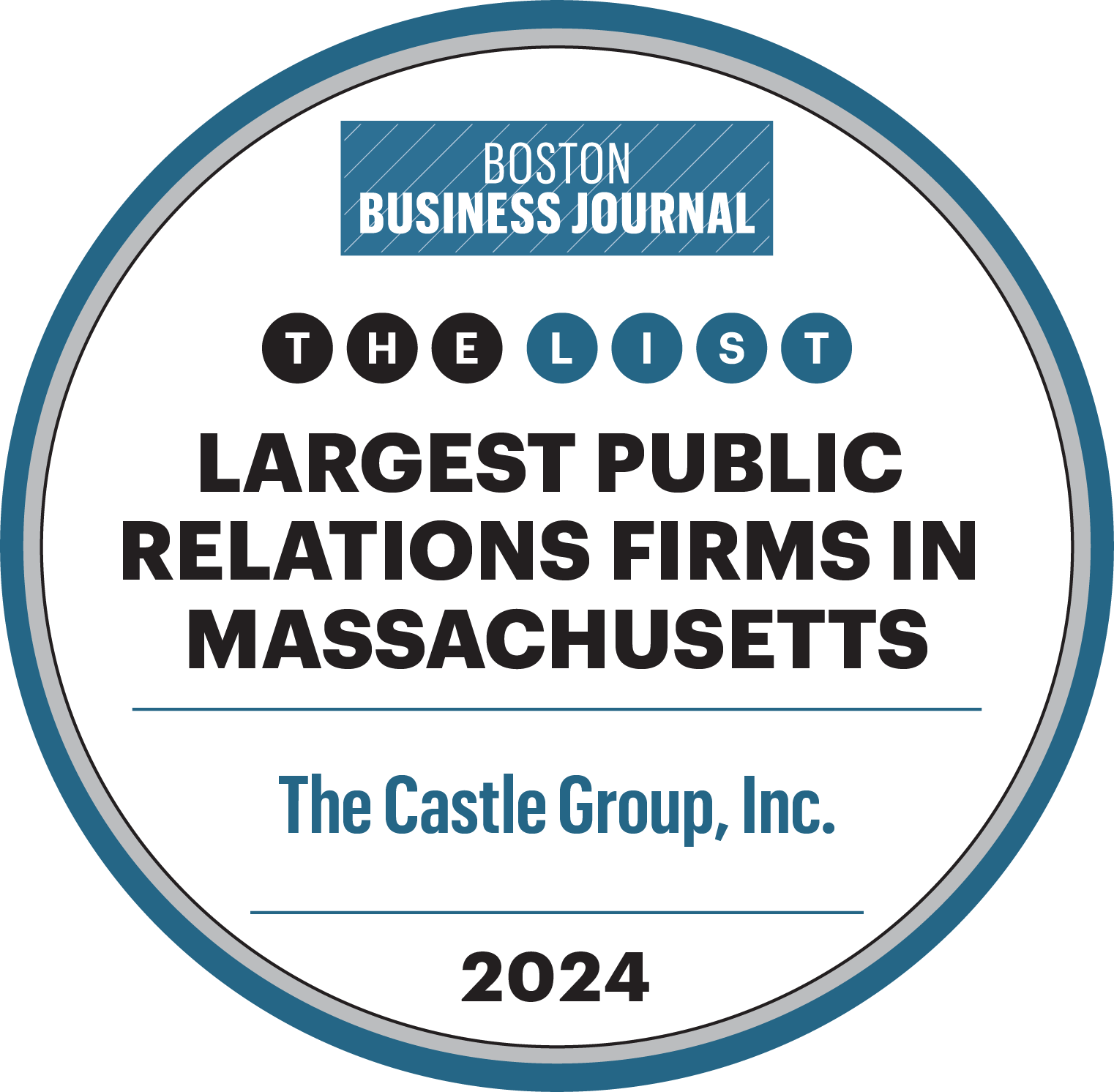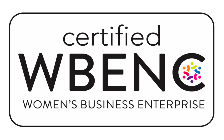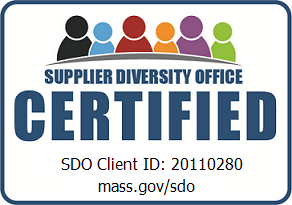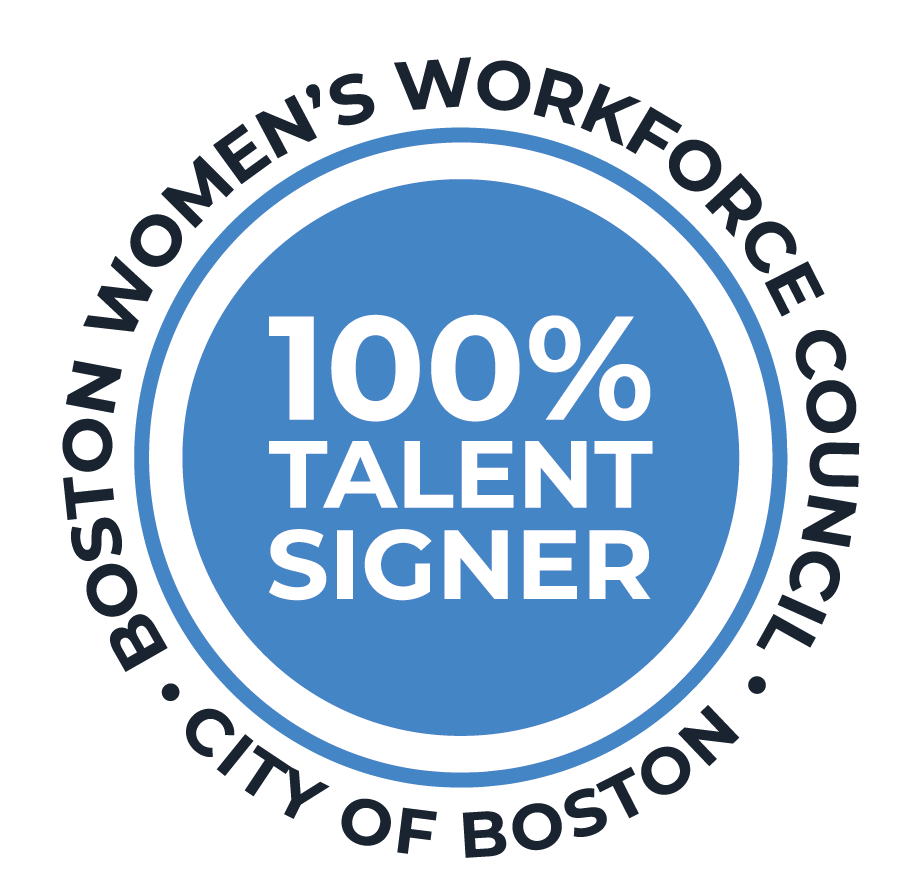It is no secret that events can produce much waste, from name badges and printed programs to signage and décor. However, nothing compares to food waste. Research from the Lime Venue portfolio shows that “the average event wastes between 15% and 20% of the food it produces.”
There are multiple ways to reduce food waste when planning an event. First, collect and use data from previous events, especially if you host your event annually. Next, rely on the expertise of your event management partner, the venue’s food and beverage team, and your caterer. These are invaluable resources to help you better estimate food and beverage, from determining average consumption for the time of day to the percentage of attendees likely to attend the meal function.
Despite better estimating, food waste is still likely. It is impossible to know exactly how many attendees will eat scrambled eggs at the breakfast buffet vs. a bagel with fruit, let’s say. Food donation is a wonderful way to ensure enough food for your guests without wasting leftover food—and you can support the community!
What is food donation?
Food donation, more formally known as food rescue, is where excess food from events, restaurants, and other businesses is collected and distributed to local social service organizations that feed the food insecure such as shelters, soup kitchens, and food pantries. Historically, food donations have been challenging – and still are in many cities – however, President Biden’s recent signing of the Food Donation Improvement Act extends liability protection that benefits event venues and caterers.. This bill makes food donations more accessible and more accepted than ever!
The benefits of donating food after your event
Food donation is highly beneficial because it provides food to those in the community that need it most while minimizing food waste going into landfills. On top of the social and environmental benefits, food donation gives your company a positive brand association. Many event cities struggle with homelessness and poverty, and food donation is a great way to show support for a visible issue in your host city.
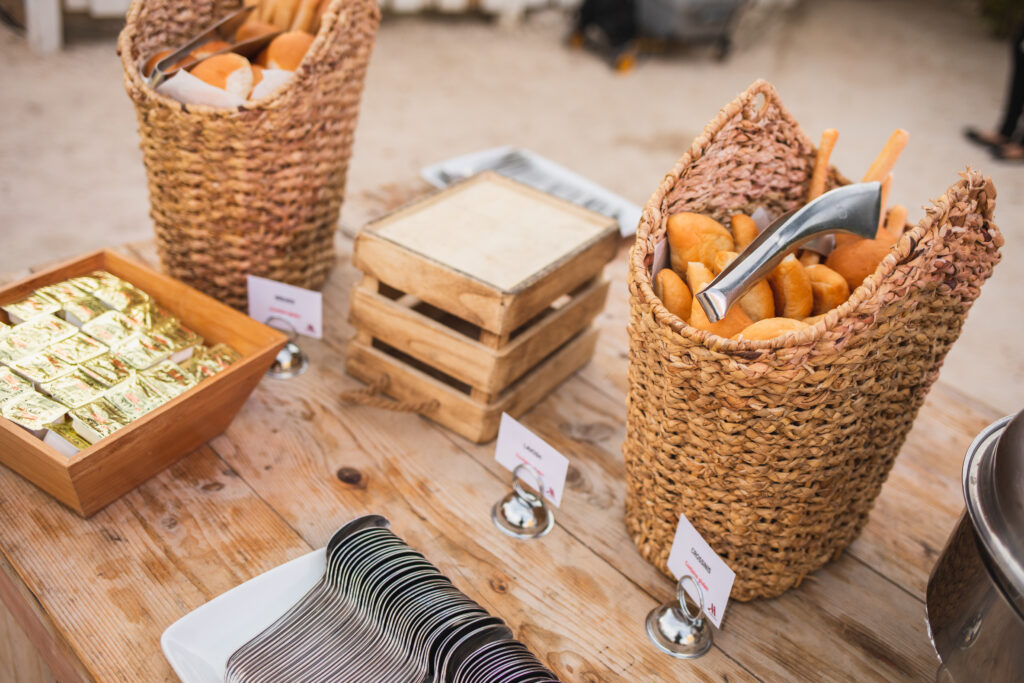
How to get started with food donation at your event
1. Start early!
Discuss donating your leftover event food as part of the pre-planning process. If food donation is a factor in selecting cities or event venues for consideration, it should be included in your RFP and later negotiated as a clause in your contract. Food donation after an event requires advanced planning with the venue and the food rescue organization or charity you partner with, so be sure to start the process early to ensure its success.
2. Partner with a charity or third-party food rescue organization
We recommend partnering with a third-party food rescue organization if you plan to donate your leftover event food. They facilitate the recovery and redistribution of surplus food to local shelters, soup kitchens, and other social service organizations. In addition, food rescue organizations can help support and alleviate some of the tasks associated with food donations.
Where to donate leftover event food
Below is a list of national and Massachusetts-based food rescue organizations that can assist with food donations after your event.
If there are no food rescue organizations in your area, consider partnering directly with a local soup kitchen, food pantry, or shelter. Ensure they have measures in place to transfer, process, and re-distribute the food safely, however
3. Develop a logistics plan
Once selected, work with your event venue and charity organization to develop a logistical plan to donate the food. This plan should include the following:
- The type of food that can be collected
- How the food should be stored between mealtimes and pickup by the organization
- How the food should be packaged for pickup
- Any additional equipment that may be needed
Once the process is solidified, the specific instructions for food donation should be listed in your banquet event orders for venue staff to follow.
Other items beyond food can be donated after your event, too! For example, signage and printouts can be donated to local schools; gifts and event merchandise can go to shelters; and flowers can be given to local hospitals. Check out our blog “More Bang For the Bloom” for a list of organizations that repurpose event flowers for local hospitals, hospice centers, homeless shelters, and more.




